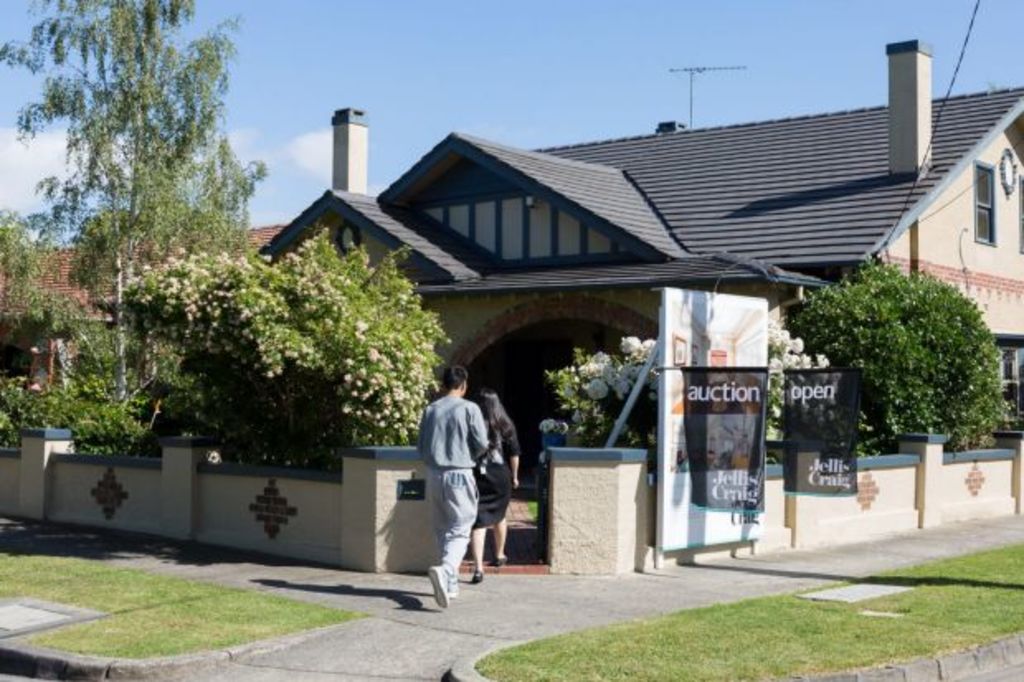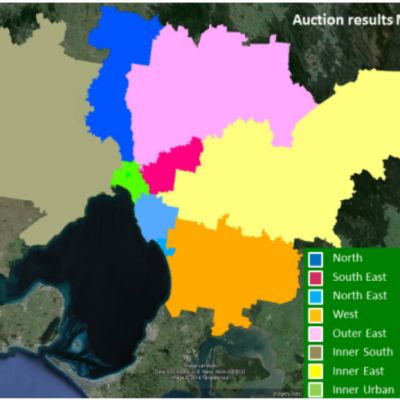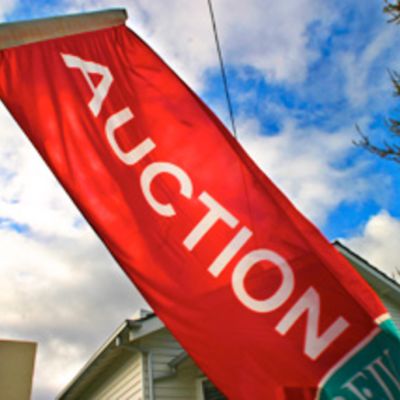Clearance rates 101: What they really say about the market

Clearance rates are a fundamental cog of market trends. Agents hang on a whim at the end of an extensive Saturday auction circus in the hope their agency outperforms. It is a statistic that can bolster an agent’s ego and often one that is highly bragged about over a coffee. In the real estate world it is almost a pecking order of talent.
Recently I met a young family who proclaimed auction was the only method to sell their first home. This is the same family who sacrificed smashed avocado so they could enjoy the pleasure of owning bricks and mortar. Choosing the right method of sale could add significant dollars to their end price and inevitably guide their upsizing journey. The only justification behind choosing to sell by auction was the fact clearance rates were almost 80 per cent. However they didn’t understand the fundamentals of what this actually meant. This is like crossing a road blindfolded. Like many buyers and sellers they were confused on what it really said about an auctioneer and the market.
Clearance rates are like a barometer for buyer sentiment. Anything above 70 per cent implies it is a sellers market. If the majority of homes listed to sell by auction process actually sell under the hammer it suggests the market is full of confidence, but more importantly competitive buyers that are likely to drive up prices. It certainly won’t come as a surprise that Melbourne is in the territory of a seller’s market. The city experienced an average clearance rate of 76 per cent throughout 2016.
It was a dramatic contrast five years ago when the average clearance rate was 56 per cent. In a market consistently recording lower clearance rates (below 70 per cent) it is suggestive of a buyers market, indicating sentiment is generally low. If you find yourself in this type of market it screams negotiating territory. It is likely vendors are pricing homes above market expectation resulting in an unsuccessful auction campaign. This offers a golden opportunity as a buyer – negotiate.
A market dominated by high clearance rates could lead you to believe that the majority of homes are sold by auction. This is not the case. Simply, clearance rates reflect the proportion of homes sold at auction (whether that is under the hammer, prior or just after) by the total number of reported auctions.
Take away all the hype surrounding the auction market and put the selling process in to perspective. The vast majority of sales are by private treaty. In Melbourne 65 per cent of homes transacted throughout 2016 sold by private treaty. It is important to remember many external factors can influence clearance rates, like any statistic use it carefully, together with other market indicators to help make a sound judgement, and of course rope in some professional help.
Thinking about buying? Find your new home by downloading the Domain app.
We recommend
States
Capital Cities
Capital Cities - Rentals
Popular Areas
Allhomes
More
- © 2025, CoStar Group Inc.










